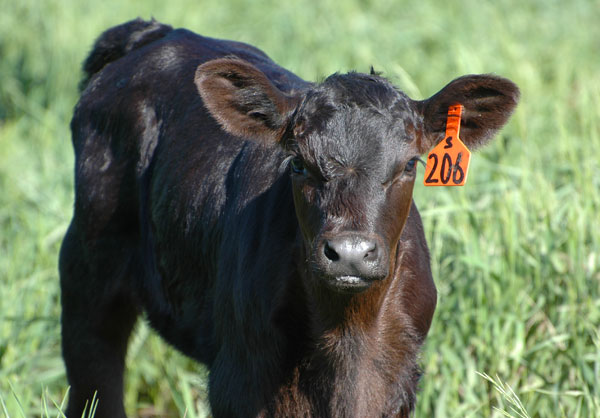All cattle should be implanted on the day of initial processing.
May 24, 2012

Delaying implanting beyond initial processing does not improve performance, health, carcass traits or return in high-risk calves.
Kansas State University researchers evaluated delaying implant administration for 45 days after processing in 1,601 feedyard calves averaging 604 lbs. Two implant regimens were compared:
• Revalor XS given at processing,
• Revalor XS given on day 45.
Total days on feed averaged 187 in both groups. Feed intake (19.3 lbs.), daily gain (3.13 lbs./day), feed conversion (6.3) and cost of gain ($76.87) were not different in the two groups. Morbidity (26.6%) and mortality (8.5%) were unaffected. Carcass weight (848 lbs.), percent Choice (47.5%), Yield Grade 1 and2 (66.6%) and carcass value were also not improved. All cattle should be implanted on the day of initial processing.
Scott B. Laudert, Ph.D., is a beef cattle technical consultant and former Kansas State University Extension livestock specialist based in Woodland Park, CO. He can be reached at 719-660-4473.
You May Also Like



